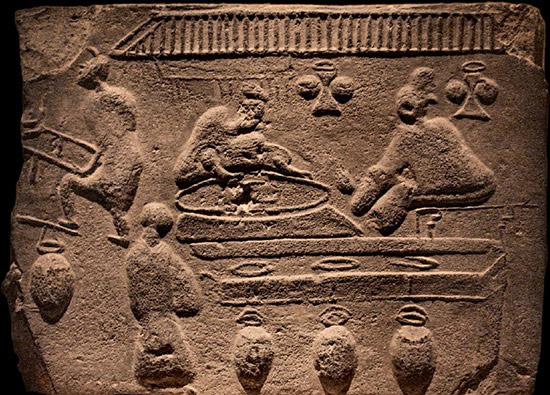Fermentation, a transformative process where microorganisms convert sugars into alcohol and other organic compounds, is a phenomenon deeply rooted in the history of human civilization. This process, which dates back over 3 billion years to the era of anaerobic respiration, has played a crucial role in the development of alcoholic beverages like beer and wine.
Historical records indicate that as far back as 9,000 to 10,000 years ago, during the late Neolithic period, our ancestors began to harness the power of fermentation. They observed the natural fermentation of fruits and grains and learned to cultivate this process to create alcoholic drinks. Beer, one of humanity’s oldest prepared beverages, was made from various fermented grains and was highly valued in ancient societies like Mesopotamia and Egypt. In fact, it was even used as a form of payment for laborers, including those who built the great pyramids.
Simultaneously, wine fermentation was being developed across the Neolithic world, from the Mediterranean to China. The evolution of pottery and liquid-storage technologies played a pivotal role in the advancement of beer and wine production.
The scientific understanding of fermentation, however, only emerged in the 19th century with the groundbreaking work of Louis Pasteur. His studies in French breweries led to the discovery that fermentation is caused by living microorganisms, laying the foundation for the field of modern biochemistry. Pasteur’s research not only demystified the process of fermentation but also led to the development of pasteurization, a method to extend the shelf life of milk, wine, and other perishable products.
Today, the ancient practice of fermentation continues to be central to the production of beer and wine, with modern scientific insights enhancing the quality and safety of these beloved beverages.

